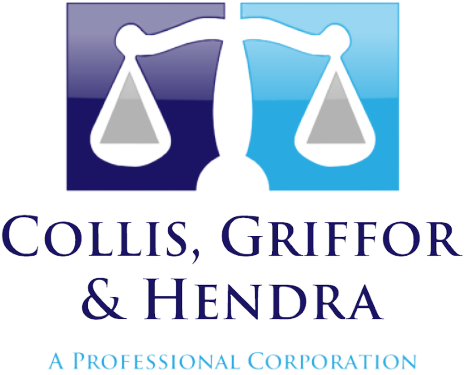
Copyright laws began as far back as the 18th century in England and were created to protect authors. Authors needed to renew their copyright every two years or their works would no longer be protected. Copyright laws have continually changed over the years, and continue to become more complicated with the invention of the internet. Information, books, photos, movies and music are all easy to access, copy and paste and use as your own, even if someone else created it and owns the rights to it.
The goal of copyright law which is part of the United States Constitution, is “to promote the Progress of Science and useful Arts, by securing for limited Times to Authors and Inventors the exclusive Right to their respective Writings and Discoveries.” This was included in our constitution as a means to intensify creators and authors and protect their work from others basically stealing it. So the intention was, to encourage creators to keep creating, and to be able to profit from their creations.
Anyone who owns a computer today can download a new song by their favorite artist, download and watch a movie that just came out at the theater, or use someone else’s written work and turn it in for a for a grade at school. Many people don’t even realize much of the information found on the internet isn’t actually free to just go ahead and take. Declining music sales and fewer people at the movie theaters is a direct consequence of copyright infringement. Why pay for something you can get for free? Because it’s illegal.
If you are an artist, author or creator you might wonder what your rights are, and that’s a complicated question. Even some copyright lawyers don’t agree. Copyright laws have become more complicated and more inclusive of what forms of media are protected. The length of time for one has changed dramatically from the original two year protection that needed to be renewed. Now, copyright laws are designed to stay in place for the life of the owner and continue for up to 120 years after the creator dies in some cases. Laws are changing to keep up with today’s technology and the changes just keep coming. It’s overwhelming to imagine all the things that are now protected. Besides books, movies and recorded music, we now have video games, choreography, choir sheet music and the rights to perform it, photos that people post on social media, and the list goes on. Once you put something up on the internet, it’s hard to get back and it becomes subject to copyright infringement. Copyright lawsuits are on the rise and because of the anonymity of the web; complainants often wind up filing law suits against an unknown person, or “John Doe”
If you are caught breaking copyright law or stealing copyrighted material, the penalties can range from civil to criminal and can ruin your reputation or destroy your business.
The first legal dilemma you may find yourself in is to be civilly sued. The copyright owner can hire a lawyer and sue you to stop using and or profiting from the stolen material. In addition, you could be required to pay restitution for the authors lost revenue. This can add up to thousands of dollars. Criminal penalties can include fines up to $250,000 and 5 years in jail, and if you do it again, those could be doubled.
While it might seem tempting and easy to steal someone’s copyrighted material, the penalties are not worth it if you value your business and reputation. If you see and admire someone else’s material, you can always ask first. Some authors will allow you to reprint their material as long as you give them credit. You can also just go ahead and pay for the material you want to use or better yet, create your own!
If you are looking for a copyright attorney, call Collis & Griffor, PC today at 734.827.1337 or contact us to set up an appointment for a free consultation.
